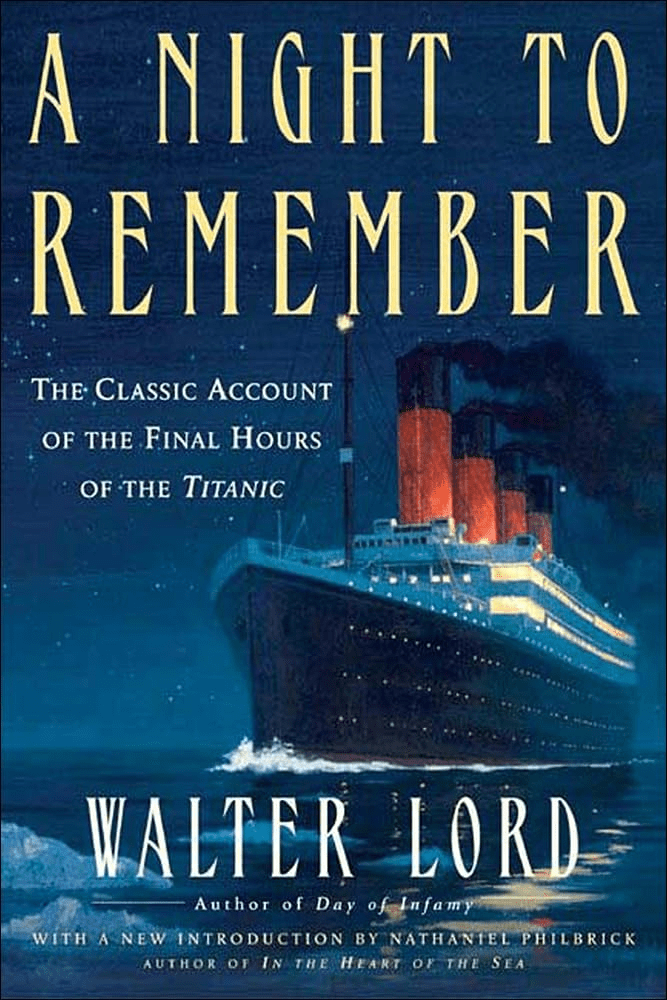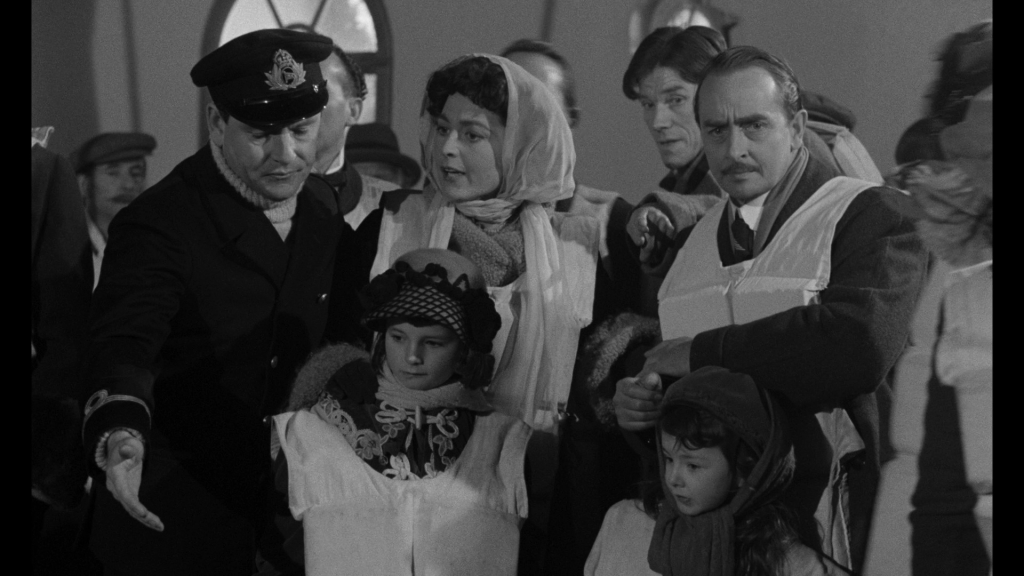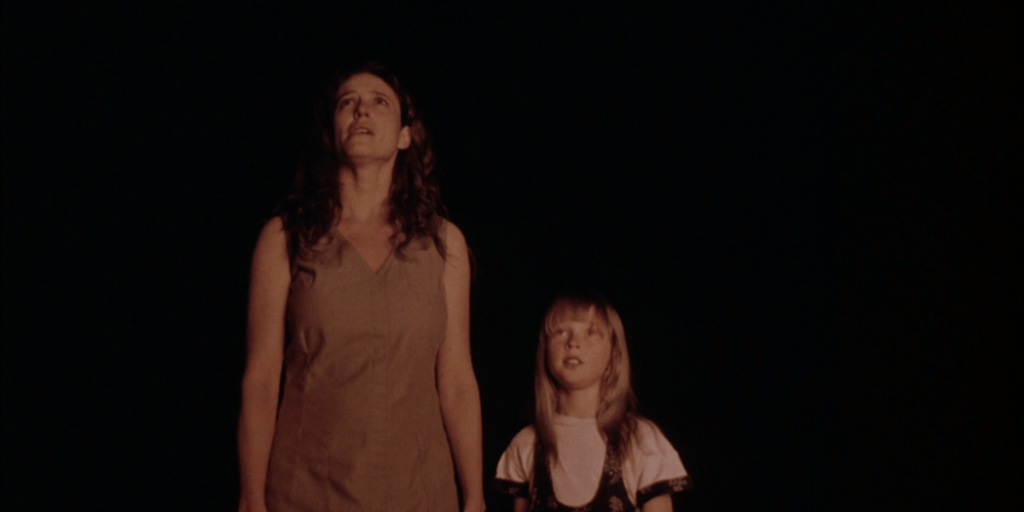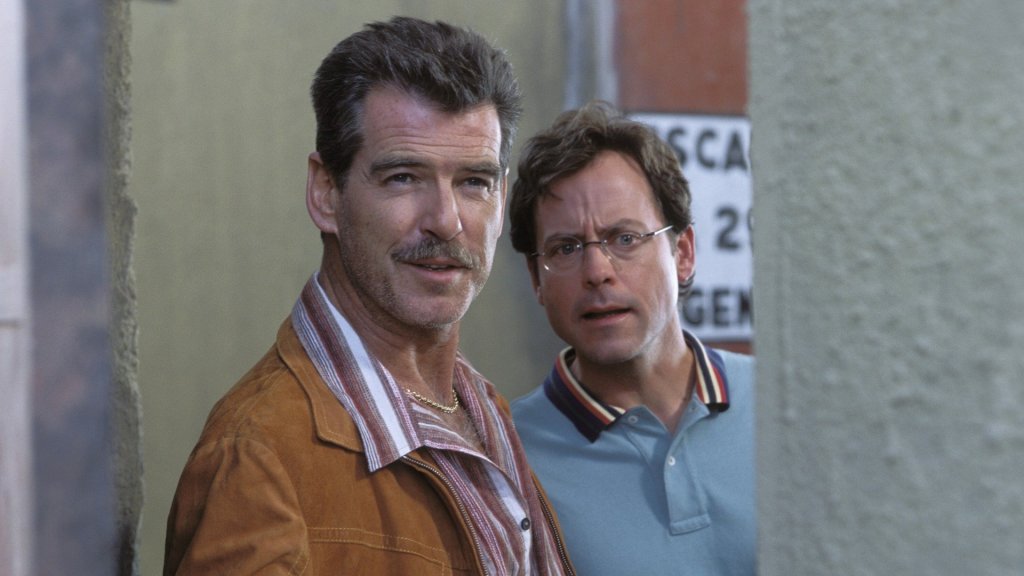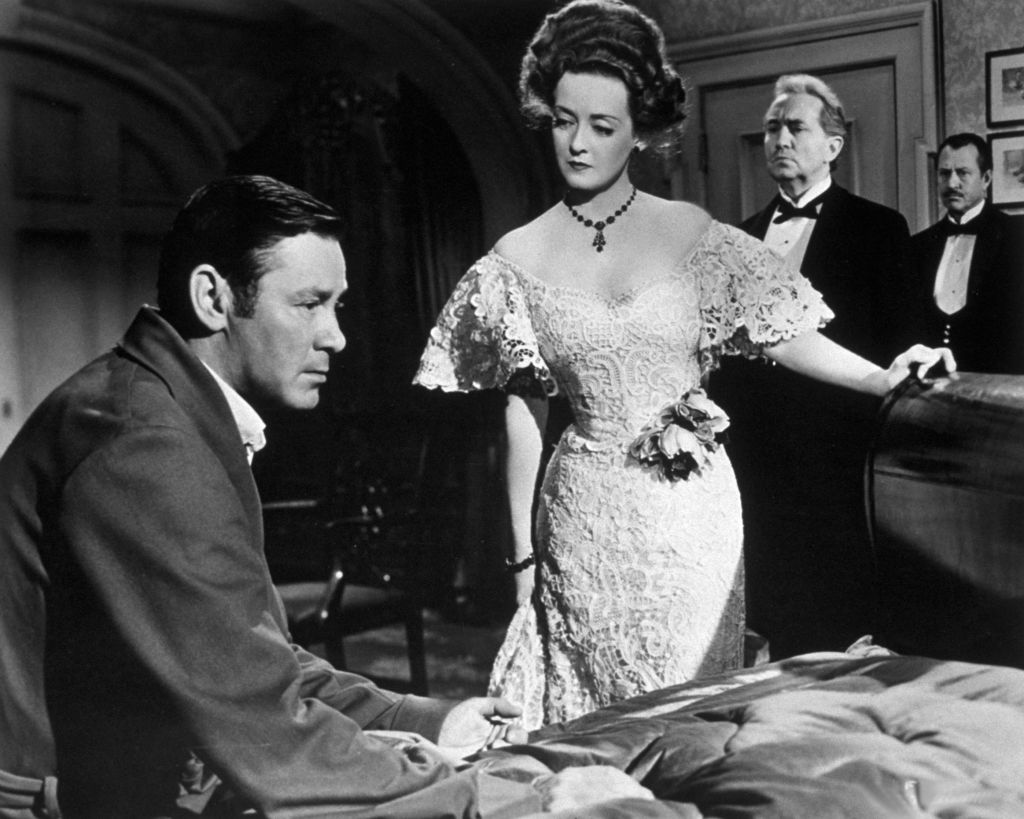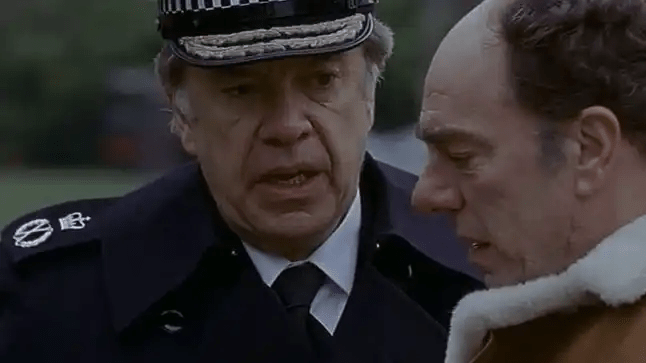
The excellent film Trumbo includes a colorful performance by John Goodman as the real-life raffish independent movie producer Frank King. King and his brothers (whose real family name was Kozinsky) were never respected by Establishment Hollywood but were daring in way the big studio suits were not. In what at first might have been an effort to move into prestige pictures, they purchased the rights to a story by MacKinlay Kantor, who had written the source material for the massively popular and Oscar-laden 1947 classic The Best Years of Our Lives. But Kantor proved unable to turn his story into a solid screenplay, leading the King Brothers to fall back on their common practice of secretly using blacklisted writers, in this case a prison-bound Dalton Trumbo. He turned Kantor’s draft script into the sexually-charged and violent cinematic miracle that is 1950’s Gun Crazy.
The plot: Bart Tare (John Dall) has been gun-obsessed from boyhood, which eventually lands him in reform school after he can’t resist committing a smash and grab robbery of a gun shop. After a tour in the army, where he thrives as a firearms instructor, he visits a travelling circus and is enthralled by the trick shooting show of the alluring Annie Starr (Peggy Cummins). Mutually besotted, they run away together, quickly burning through all of Bart’s savings. Annie suggests they turn their formidable skills to a career in armed robbery. Bart is scared someone will get hurt…Annie, not so much. But he can’t say no to her, leading to a Bonnie and Clyde-esque crime spree with shattering consequences.
In my recommendation of My Name is Julia Ross, I noted how that film’s 12-day shooting schedule was actually a luxury for Poverty Row veteran Joseph Lewis. Imagine how happy he must have been to have a whole month to direct this movie on a budget almost a third as big as a typical Hollywood film! He coached his compelling lead actors to express, as much as one could in 1950, wanton hunger for each other as well as, in Cummins’ case, a nearly orgasmic delight in violence.

Lewis and cinematographer Russell Harlan pursue a breathless, arresting style throughout this film. This includes, among other inspired camera placements, a deservedly legendary extended take with the camera in the back seat as the lovers commit and flee a bank robbery. As the audience, we are pulled along with the criminals by a fast-moving stream of images, wanting to pause for breath but afraid to let them out of our sight. It’s tough competition, but shot for shot, Gun Crazy ranks with the most visually stunning works in film noir history.
The story’s evolution and resolution turns on an implicit question: why are the two characters fundamentally different in their morals, despite their shared fascination with firearms? The early scenes of the film suggest that while Bart appears never to have had a relationship with his parents, he was at least raised by a loving older sister (Anabel Shaw) and had two childhood friends (Harry Lewis and Nedrick Young). Annie’s backstory is never told, leaving the audience to wonder if even that little love is more than she ever experienced on this earth. The movie never makes this femme fatale explain or justify her motivations, and in film noir that’s a feature, not a bug.

p.s. The black beret Faye Dunaway wears in another of my recommendations, Bonnie and Clyde, is a tribute to Gun Crazy by director Arthur Penn.


